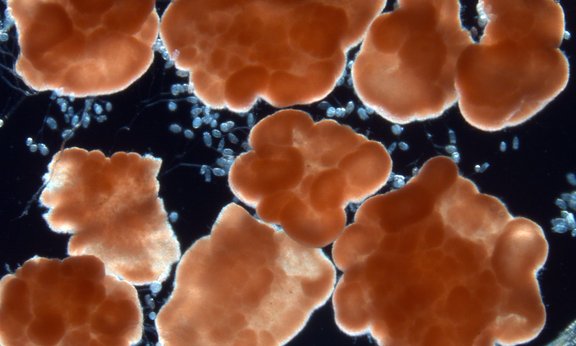Master’s Programme Earth Sciences
Do you want to better understand processes below the Earth's surface and be able to find and interpret sings of the climate of past times?
Which processes take place below the Earth’s surface? How often do earthquakes occur? Where do you find signs of the climate of past geolocial times? What influences the properties and quality of ceramics?
The students of the Master’s Degree Programme in Earth Sciences develop further competencies in the analysis of geo-relevant materials and data. Students may choose an individual focus in applied areas (e.g. engineering geology, hydrogeology, natural hazards, ceramic materials) and theoretic disciplines (e.g. climate reconstruction, geochronology, geodynamics, petrology).
Study code
UC 066 815
All studiesStudent advisory serviceExtension ProgrammeMinorGuide
FAQ
The graduates have specialised knowledge in selected areas of the disciplines in earth sciences. They are able to contribute their technical and methodical competence in the area of their specialisation and at the interfaces to other areas in earth sciences through scientifically correct work and innovative problem solving.
The Master’s Programme in Earth Sciences is aimed at graduates of the Bachelor’s Programme in Earth Sciences and at graduates of comparable Bachelor’s programmes. A two-year geological training is offered and the possibility to focus on (1) Alpine Geology, (2) Quaternary Geology and Applied Geology, (3) Petrology and Geochemistry, (4) Materials and Raw Materials, specialisations that reflect current developments in the core areas of earth sciences in an international context. Altogether 3 compulsory modules covering 15 ECTS-Credits, as well as elective modules covering 80 ECTS-Credits are to be passed.
Regardless of the chosen specialisation, students learn to conduct scientific research, to proceed in a goal- and result-oriented manner and to work on a project-related basis within the scope of their Master’s Thesis.
The occupational fields for graduates of the Master’s Programme in Earth Sciences are diverse and range from construction, the environmental sector, various branches of industry (raw materials, building materials, glass, ceramics, refractory and chemical industries) to work in scientific institutions and museums and authorities.
Graduates tracking: Shows which occupational fields students enter after graduation
Doctoral Programmes
More offers
Faculty of Geo- and Atmospheric Sciences Examination Office Information for students with disabilities
Curriculum
From the field
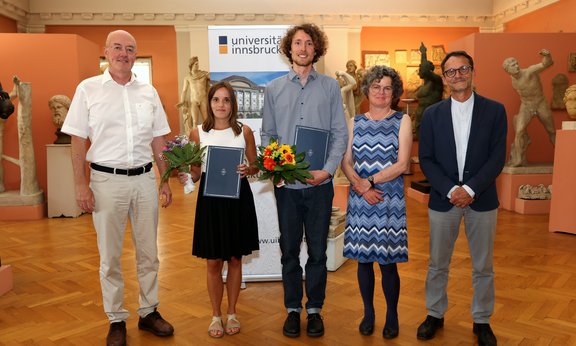
Beste Abschlussarbeiten gewürdigt
Am 20. Juni wurden im Archäologischen Museum bereits zum dritten Mal Preise für die besten Abschlussarbeiten an der Fakultät für Geo- und Atmosphärenwissenschaften verliehen. Für die beste Dissertation wurde die Atmosphärenforscherin Isabell Stucke, für die beste Masterarbeit der Geologe Simon Hinterwirth ausgezeichnet.
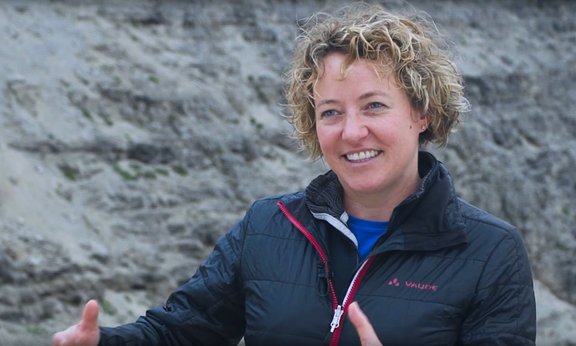
Geologie: Entstehung der Dolomiten
Wie sind die Dolomiten entstanden, wie verformen sie sich noch immer und was sagen die Gesteine über künftige Erdbeben aus? Geolog:innen um Hannah Pomella vom Institut für Geologie der Universität Innsbruck beschäftigen sich in einem breit angelegten Forschungsprojekt mit diesen Fragestellungen.
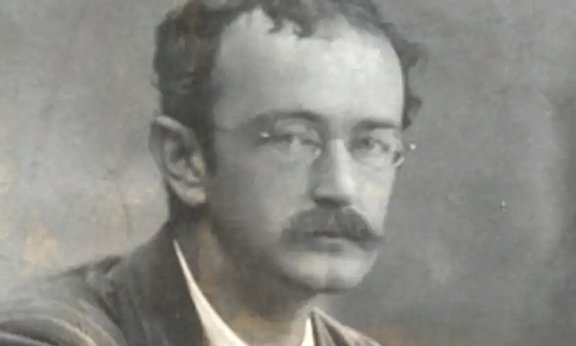
Bruno Sander: Pionier der Gefügekunde
Vor 100 Jahren hielt Bruno Sander seine Antrittsvorlesung an der Universität Innsbruck. Der Mineraloge und Geologe hat mit der Gefügekunde der Gesteine und der geologischen Körper einen neuen Zweig der Erdwissenschaften begründet und wurde für sein wissenschaftliches Schaffen mit zahlreichen Ehrungen bedacht. Bei seiner Antrittsvorlesung sprach Sander über die Aufgaben der Mineralogie und Geologie.
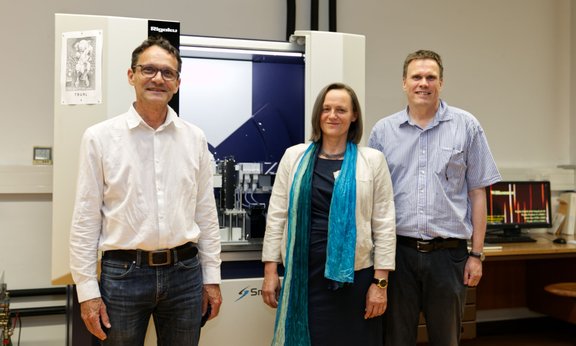
Eröffnung des Diffraktionszentrums West
Wie verhalten sich Tonminerale beim Brand im Ofen, welche Zusammensetzung hat ein Nierenstein oder wie schaut die Kristallstruktur eines neu entdeckten Minerals genau aus? Fragen wie diese können am kürzlich neu eröffneten Diffraktionszentrum West am Institut für Mineralogie und Petrographie künftig noch besser beantwortet werden.
Related studies

Atmospheric Sciences (Master)
Master of Science

Chemical Engineering (Master)
Diplom-Ingenieur*in









